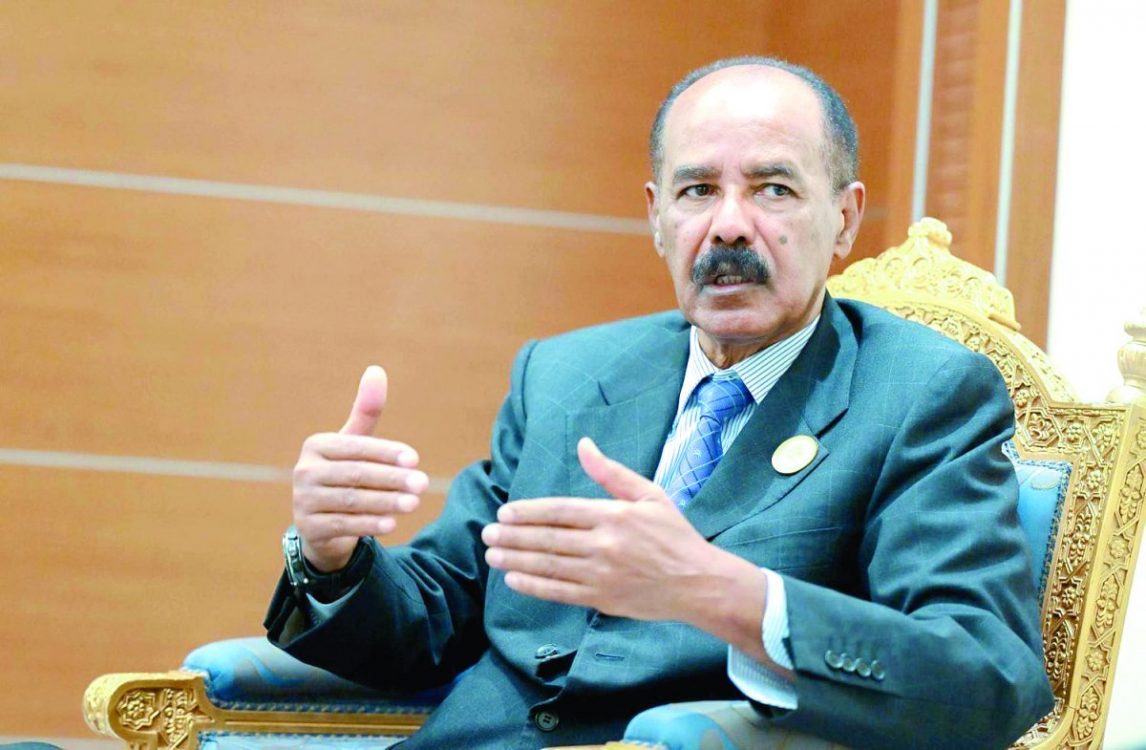Eritrea: The country that plays no international football
By Barry.Silah, November 24, 2023The distant dream Eritrea’s footballers had of reaching the 2026 Fifa World Cup was extinguished before it had even begun.
The East African country, who last played an international in January 2020, pulled out of qualifiers for the finals in Canada, Mexico and the United States just a week before they were due to play their first game against 2022 World Cup semi-finalists Morocco.
Neither the Eritrean National Football Federation (ENFF) nor the country’s government have commented on the decision, which has angered both players and supporters. “I don’t know why it has happened or who is in charge. It is clear that those at the top aren’t taking football seriously enough,” Eritrea midfielder Mohammed Saeid, who plays for a club in Sweden, the country of his birth, told BBC Sport Africa.
“I feel so frustrated because there are a lot of players coming through right now with Eritrean backgrounds, many playing around Europe.
“We could compete if given a chance but when they see what is happening, will they really want to represent Eritrea in the future?
“I’m going to be able to tell my kids one day that I played for the Eritrea national team and it was one of the most amazing things I’ve experienced. But there are now so many players being denied this opportunity.”
After also withdrawing from preliminaries for the 2023 Africa Cup of Nations, the latest decision poses questions over what future the country has in the game.
The country currently has no world ranking despite being a member association of global governing body Fifa.
“The sudden absence of Eritrea on the global stage leaves a void that’s deeply felt by fans,” Canada-based fan Aklil Tecleab told BBC Tigrinya.
“Soccer is more than a game; it’s a source of national pride and unity. It’s disheartening to see our nation seemingly becoming the only one dampening the spirit of sports.
“The lack of communication with supporters and the absence of a clear reason only intensifies the disappointment.”
Eritrea were scheduled to play 10 matches over the course of the next two years after being drawn alongside Morocco, Zambia, Congo-Brazzaville, Tanzania and Niger in Group E of Africa’s World Cup qualifiers.
It is believed a major reason for the withdrawal is because the country fears domestic-based plays will abscond and defect once they travel aboard – a risk heightened by five away trips which would have begun in Morocco last week. -BBC
Eritrea has been plagued by repression at home and tense relations with its neighbours since winning independence from Ethiopia in 1993, and the one-party state has a highly militarised society.
A United Nations report this year highlighted “serious concern” over human rights in the country, including forced conscription and arbitrary detentions, and said that the rule of law was “non-existent”.
There are multiple previous instances of Eritrean players absconding while on club and international duty.
Botswana granted asylum to 10 members of the squad which played a 2018 World Cup qualifier in the country in October 2015 and the most recent incident involving the men’s national team came when seven went missing during a regional championship in Uganda in December 2019.
“Defection of players is incorporated with the political situation in our country,” said a former government official, speaking anonymously to BBC Sport Africa.
“The government says everyone must be conscripted. Everyone, whether it is a doctor, a football player, a cyclist or an engineer, has to finish national service. But it doesn’t end after 18 months.
“They don’t have any future and they are not living a good life in Asmara (the country’s capital city). So, if they get a chance the best decision will be to defect.”
One Eritrea fan understands why players would make that choice as he says “nothing has been done” to promote football in the country.
“The national team has not been participating in the main competitions so when players get a chance to go abroad they do not want to go back,” Million Abraha, who now lives in Kenya, told BBC Tigrinya.
BBC Sport Africa contacted both the ENFF and Eritrea’s government for comment but neither responded.
